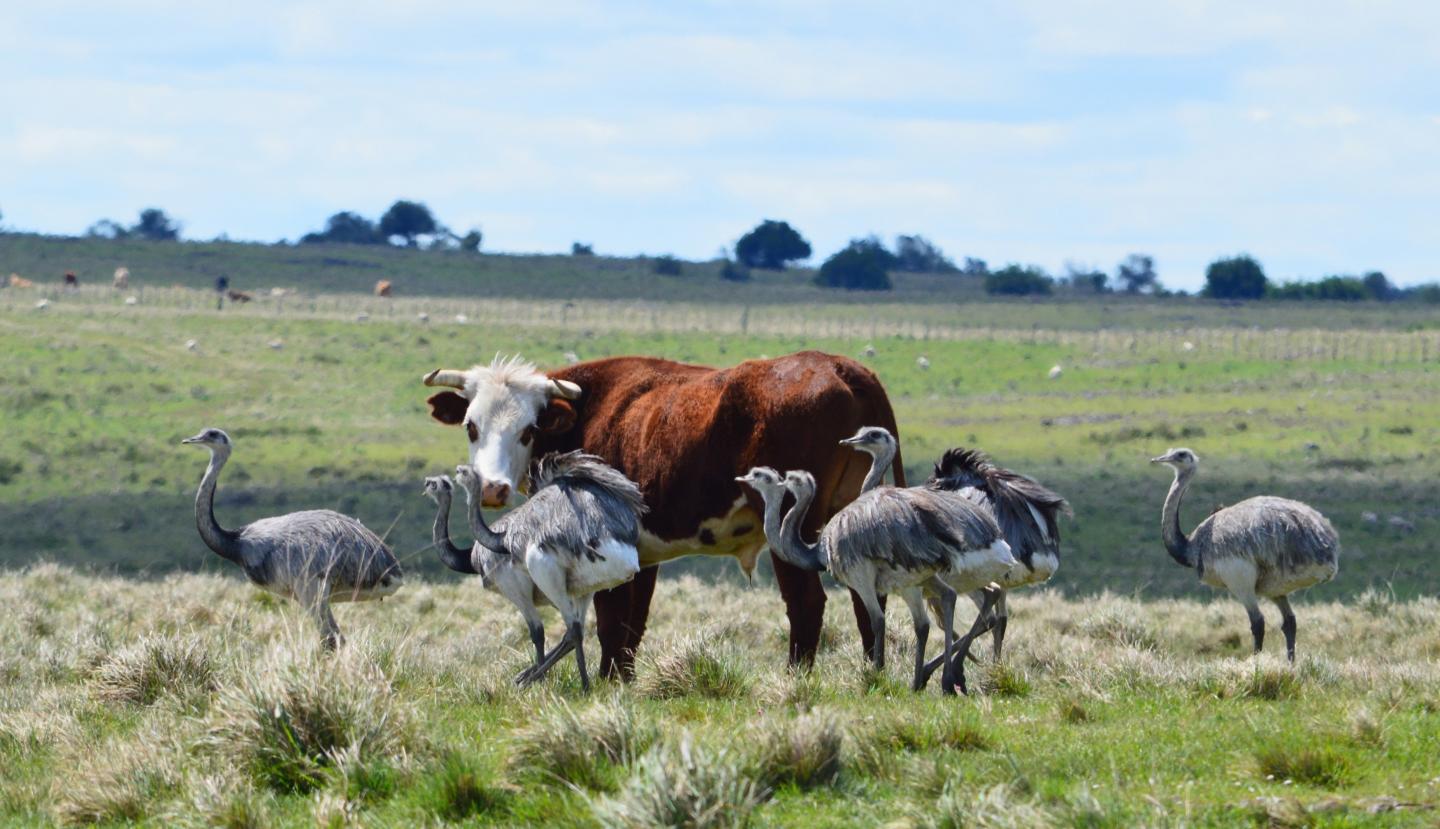
Credit: Gonzalo Cortés Capano
Biodiversity loss is one of the most prominent global issues, also affecting human well-being. With privately owned land covering large areas of the world, private land conservation is an increasingly recognized strategy to address the biodiversity crisis and support human well-being.
Several governments are currently developing and implementing private land conservation policies to achieve national and global conservation targets. A new study assessed 30 years of published scientific literature in order to identify research gaps and mainstream future private land conservation research.
“We found that 78% of the articles focused on four countries only, namely United States of America, Australia, South Africa and Canada”, says Gonzalo Cortés Capano, a PhD student at the University of Helsinki and lead author of the study. “However, priority areas for biodiversity conservation on private land extend well beyond these four countries. Worryingly, we also found that half of the articles did not report the engagement of any stakeholder sector, which is fundamental for successful biodiversity conservation”.
“Furthermore, we found differences in literature content, showing that research has focus on different topics at the continental level”, says Associate Professor Tuuli Toivonen, a co-author in the paper. “These differences might well reflect research adaptations to regional contexts and needs”, she continues.
“While several policy instruments exist to promote private land conservation globally, we found that property rights instruments, for example landowners voluntarily transferring partial property rights to a conservation organization, were the most covered instruments in literature”, says Dr Alvaro Soutullo, Scientific Director of the Uruguayan Antarctic Institute, a co-author in the paper.
“As conserving biodiversity in a changing world requires understanding complex socio-ecological systems, it is paramount that future research better understands stakeholders’ engagement in private land conservation”, says Adjunct Professor Enrico Di Minin, senior co-author in the paper. “We also need to better understand which conservation actions and policies help achieve the best outcomes in diverse cultural and geographical contexts”, he concludes.
###
Media Contact
Gonzalo Cortés Capano
[email protected]
Original Source
https:/
Related Journal Article
http://dx.




